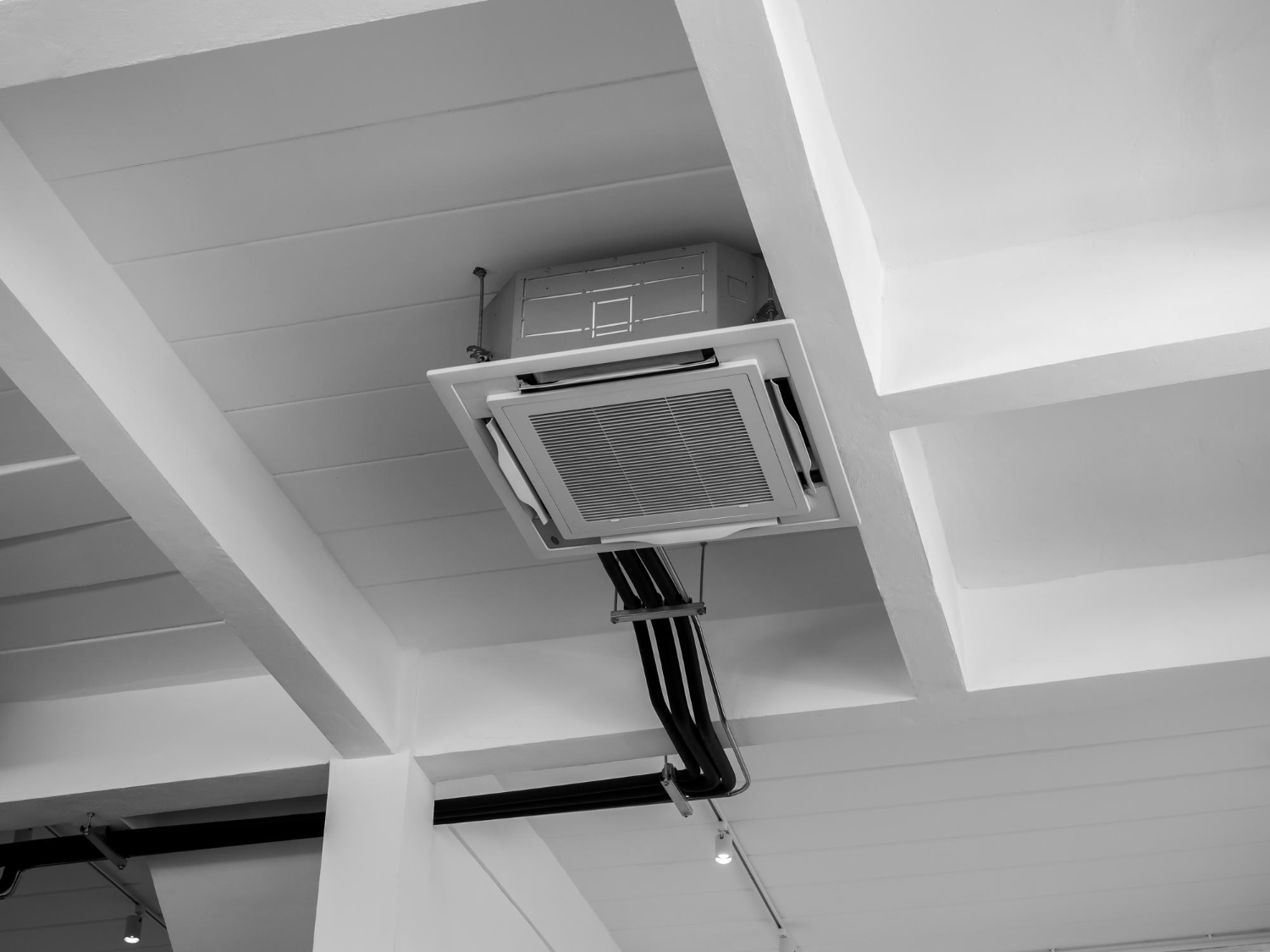Gas boilers need proper care to operate safely. When these systems malfunction, they can produce carbon monoxide - a dangerous gas that has no color, taste, or smell. A carbon monoxide leak from a faulty gas boiler can cause serious illness or even death.
Carbon monoxide detectors are essential safety devices that alert you to dangerous gas levels before they become life-threatening. Regular maintenance of gas boilers by qualified professionals also helps prevent carbon monoxide leaks and keeps heating systems running efficiently.
Common signs of carbon monoxide problems include sooty stains around the boiler, yellow-brown marks near gas appliances, and physical symptoms like headaches and dizziness. Learning to spot these warning signs and taking quick action protects you and your family from hidden danger.
Understanding Carbon Monoxide and Gas Boilers
Gas boilers need proper maintenance and care to prevent dangerous carbon monoxide leaks. Regular checks and understanding how these systems work keep our homes safe.
The Basics of Carbon Monoxide
Carbon monoxide (CO) is a colorless, odorless gas that can be deadly. It binds to red blood cells much more strongly than oxygen, which can quickly lead to poisoning. The gas moves silently through homes and gives no warning signs that your senses can detect. This makes CO detectors essential safety devices in any home with gas appliances.
Key Facts About CO:
- Invisible to human senses
- Highly toxic even in small amounts
- Spreads quickly through indoor air
- Can cause illness or death within hours
How Gas Boilers Can Release CO
Gas boilers produce CO when they don't burn fuel completely, and this often happens due to problems with the system.
Common Causes of CO Release:
- Blocked flues or vents
- Cracked heat exchangers
- Poor ventilation
- Faulty burners
- Incorrect installation
Warning signs of CO production include:
- Yellow or orange flames instead of blue
- Soot or black marks around the boiler
- Excess condensation on windows
The Importance of Complete Combustion
Complete combustion in gas boilers turns methane into carbon dioxide and water vapor. This normal process is safe when the boiler works properly. Regular maintenance by certified technicians ensures complete combustion. They check all parts and adjust the system to burn fuel efficiently and safely.
A well-maintained boiler needs:
- Clean burners
- Good airflow
- Clear exhaust paths
- Proper gas pressure
Identifying and Preventing CO Poisoning
Carbon monoxide poses serious risks in homes with gas boilers, making detection and prevention essential for safety. Quick recognition of symptoms and proper safety measures can save lives.
Symptoms of Carbon Monoxide Poisoning
Early warning signs of CO poisoning include headaches, dizziness, and nausea. These symptoms often feel like the flu, which makes them easy to miss. Breathing problems, confusion, and chest pain can also develop as exposure continues. Some people feel sleepy and weak. Symptoms tend to be worse in elderly people, young children, and pets.
At high levels, CO poisoning can cause fainting and death within minutes.
Key warning signs:
- Multiple family members are sick at once
- Symptoms improve after leaving home
- Symptoms are worse in rooms near gas appliances
The Role of Carbon Monoxide Detectors
CO detectors are vital safety devices that alert you before dangerous levels build up, and we recommend installing detectors on every floor of your home. Place detectors near bedrooms and at least 15 feet from fuel-burning appliances, checking batteries monthly and replacing detectors every 5-7 years.
Modern CO detectors sound different alarms for low and high CO levels, so learn your detector's warning signals and what actions to take for each.
Prevention Measures for CO Poisoning
Check that all fuel-burning equipment vents outside and look for rust, stains, or soot around appliances - these can signal CO problems. Open windows when using fireplaces or wood stoves, and never use gas ovens for heating your home. If your CO alarm sounds, exit the building immediately, then call emergency services from outside.
Essential safety steps:
- Get yearly professional inspections of gas appliances
- Clean vents and chimneys regularly
- Never run engines in garages, even with doors open
- Keep gas appliances properly adjusted
Maintenance and Safety of Home Heating Systems
Professional inspections catch problems early and prevent dangerous malfunctions.
Routine Maintenance for Gas Boilers
Schedule professional boiler maintenance once every year to catch wear and tear before it becomes dangerous. Regular maintenance also keeps heating costs down and extends the life of your boiler. Most boilers last 10-15 years with proper care.
During an inspection, a qualified technician will:
- Test for carbon monoxide leaks
- Clean soot and debris buildup
- Check gas pressure levels
- Inspect for rust or corrosion
- Lubricate moving parts
- Test safety controls
Recognizing Signs of a Malfunctioning Boiler
Key warning signs that need immediate attention:
- Yellow or orange pilot light instead of blue
- Black marks or stains around the boiler
- Excess condensation on windows
- Strange smells during boiler operation
- Unusual noises like banging or whistling
Selecting a Gas Safe Registered Engineer
Only hire Gas Safe registered engineers for boiler work. Ask to see their ID card and conduct online research to find reviews and testimonials from previous customers.
Good engineers will:
- Provide detailed inspection reports
- Explain any issues found
- Give clear pricing upfront
- Offer emergency service options
Keep records of all maintenance visits and repairs, and schedule your next annual service before the engineer leaves. Get in touch to arrange an inspection of your boiler system and carbon monoxide detectors to keep your household safe.



































.jpg)
.jpg)

.jpg)
.jpg)



















































